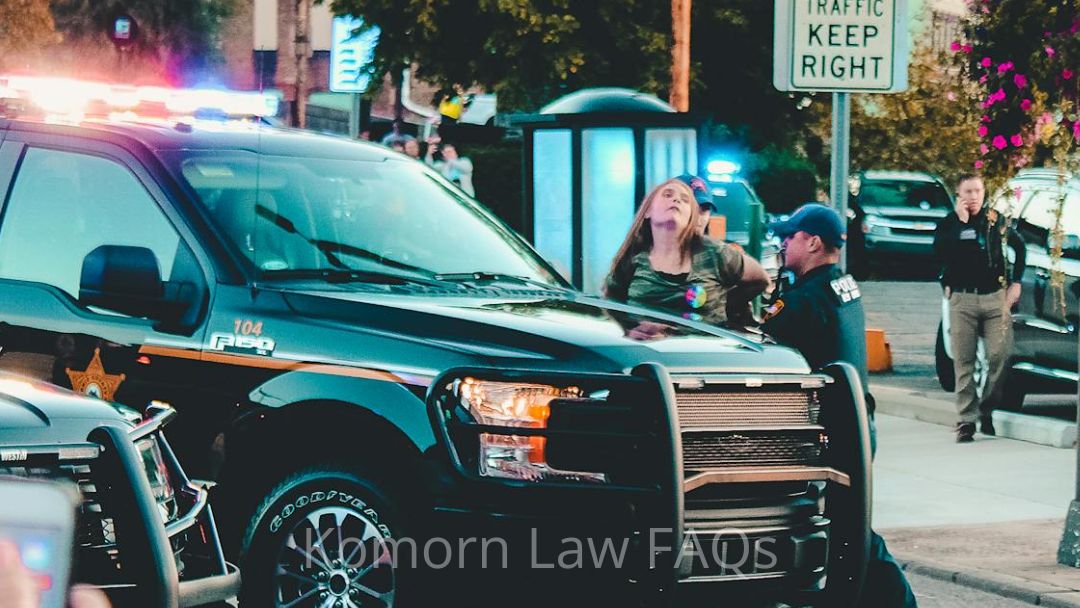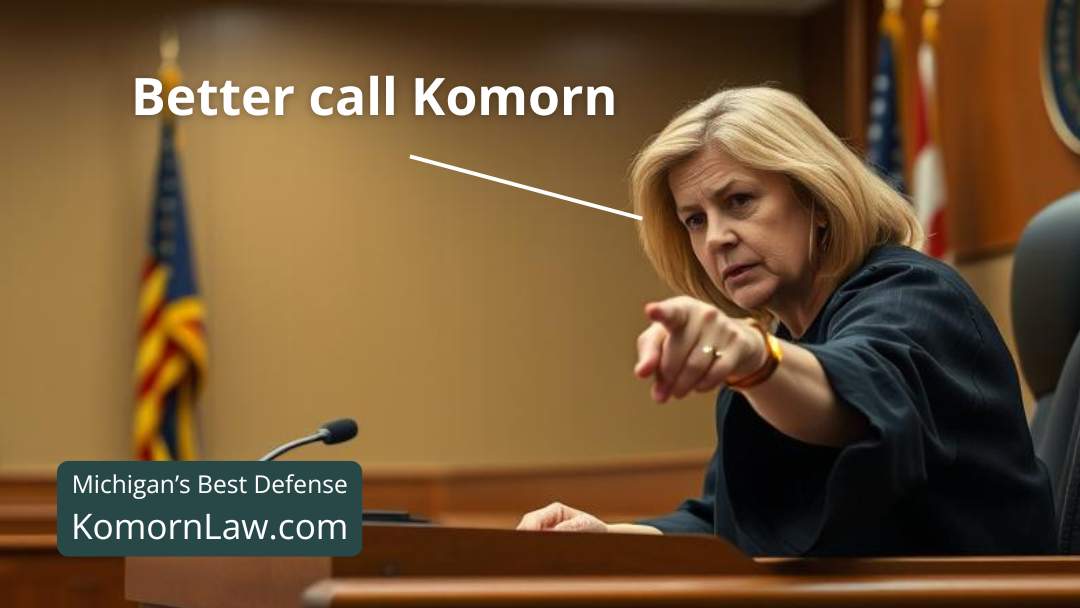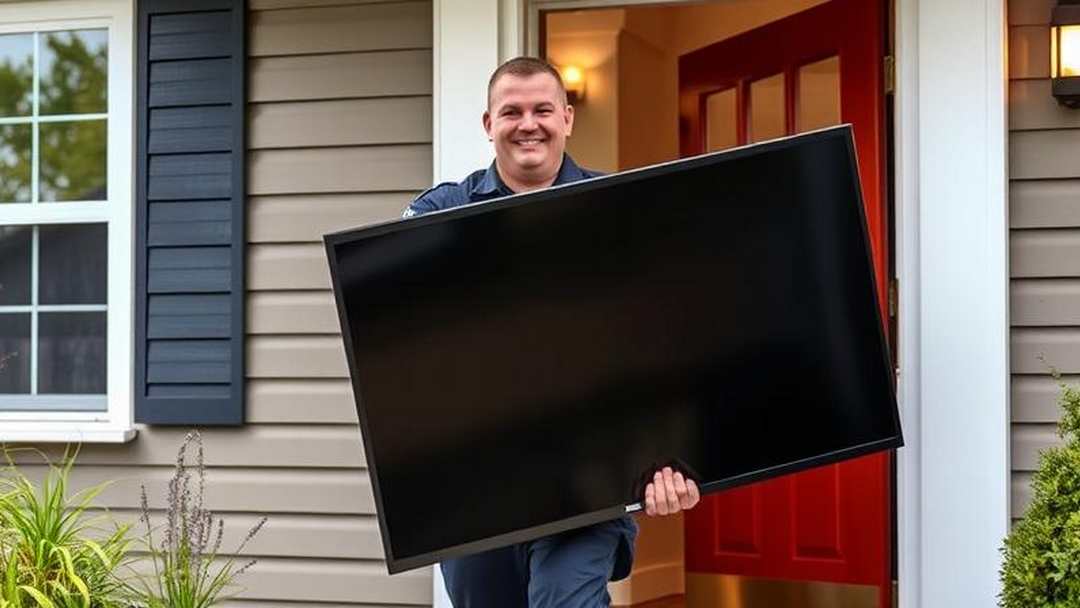Published Michigan Court of Appeals Opinion
Docket No(s) 362161
Lower Court Docket No(s) 2021-000966-FC
Hood, J.
“Crimes are supposed to be defined by the legislature, not by clever prosecutors riffing on equivocal language.”
[*1] “[C]rimes are supposed to be defined by the legislature, not by clever prosecutors riffing on equivocal language.” Dubin v United States, 599 US ___, ___; 143 S Ct 1557, 1572; ___ L Ed 2d ___ (2023) (quotation marks and citation omitted).
At issue here is the equivocal (subject to two or more interpretations and usually used to mislead or confuse) language of the reckless driving statute, MCL 257.626, which prohibits “operat[ing] a vehicle . . . in willful or wanton disregard for the safety of persons or property . . . .” MCL 257.626(2).
The traditional, narrow understanding and application of this statute is that it criminalizes driving in a reckless manner. The prosecution’s novel, expansive reading of this statute would also criminalize the decision to drive a vehicle that is not appropriately maintained due to the risk of potential mechanical failure.
Under this novel prosecution theory, a jury convicted defendant Timothy John Otto for reckless driving causing death, MCL 257.626(4).
The prosecution’s theory was that Otto failed to maintain the truck he was driving and that failure made him criminally liable under MCL 257.626(4)when the truck’s brakes failed while he was driving it, causing a wreck that resulted in a child’s death.
On appeal, Otto argues that he was denied effective assistance of counsel because his trial counsel failed to move to dismiss the reckless-driving charge when the facts of this case— failing to maintain a vehicle and then operating the poorly maintained vehicle—cannot support a [*2] conviction under MCL 257.626(4). 1
We agree. The text and context of MCL 257.626(4), and more broadly the Motor Vehicle Act, MCL 257.1 et seq., do not support the boundless interpretation underpinning the prosecution’s theory and Otto’s conviction.
We vacate his conviction. To hold otherwise would be to allow the prosecution—not the Legislature—to criminalize a wide array of commonplace conduct (such as failing to check your brakes, driving on old tires, and driving on empty) that the Legislature did not intend to outlaw.
FAQ
What is conviction vacated mean?
When a sentence is vacated: It legally annuls the conviction. Vacating a criminal sentence means removing that conviction from a person’s record. The record will then appear as if the person was never charged and convicted of a crime.
Why would a sentence be vacated?
Someone who has their conviction vacated are released from custody under certain conditions, such as a plea bargain being breached, proof of ineffective counsel, court bias, or another similar factor that might have impacted the outcome of the original trial.
Is vacating the same as dismissing?
‘Vacating’ or ‘setting aside’ is used when referring to nullifying a specific judgment from the judge (in this case, a guilty or ‘no contest’ judgment).
‘Dismissing’ applies to the entire case. It means that the case is thrown out for reasons other than its factual merits.
Does vacated mean innocent?
Winning the motion to vacate doesn’t mean that this is the end of the matter. The conviction or sentence is canceled as if it never existed, but the court doesn’t close your case. Instead, the prosecutor then decides whether to drop or pursue the original charges.
More Posts

Criminal Law FAQs – Marijuana Offenses
Michigan Criminal Laws FAQs Marijuana OffensesFAQ 1: Is recreational marijuana legal in Michigan? Answer: Yes, recreational marijuana is legal for adults 21 and over in Michigan. However, there are restrictions on possession, use in public places, and driving under...

Criminal Law FAQs – Operating While Intoxicated (DUI – OWI)
Michigan Criminal Laws FAQs Drunk Driving (Operating While Intoxicated - OWI)FAQ 1: What is the legal blood alcohol content (BAC) limit in Michigan? Answer: In Michigan, the legal BAC limit for operating a vehicle is 0.08% for individuals 21 years of age or older. For...

The Case of Cannarbor -v- The Michigan Dept of Treasury
Nice Try...This case centered on the disagreement between Cannarbor, Inc., a medical marijuana provisioning center operating in Michigan, and the Michigan Department of Treasury concerning the obligation to collect sales tax on the retail sale of medical marijuana....

Legal Tip – Driving High on Cannabis in Michigan
Driving under the influence of cannabis is illegal and carries serious consequences in Michigan.We have fought and won many cases from the District Courts, Circuit Courts, Court of Appeals and the Supreme Court through out the State of Michigan. We have also fought...

Michigan House Bill NO. 4391
It may just be easier to collect and analyze tears.This legislation seeks to integrate saliva testing for cannabis within law enforcement procedures, designating a refusal to participate in this testing as a criminal offense, similar to the penalties imposed for...

Legal Tip – Your Rights During a DUI Stop in Michigan
Komorn Law - Quick Legal TipsLegal Tip: Understanding Your Rights During a DUI Stop in Michigan A DUI stop can be stressful, but knowing your rights is crucial. You have the right to remain silent. You are not obligated to answer questions beyond basic identification....

How to create and share a Dropbox link
Simplified Sender and Receiver Dropbox Share Instructions to Someone NOT on your Team. Don't get caught up in another license or give access to your whole box by mistake.Dropbox Sender Share Instructions Log into your Dropbox account Hover over the file or folder...

Smell of marijuana no longer legal grounds for search
The Michigan Supreme Court has ruled that the smell of marijuana alone is no longer sufficient probable cause for police to conduct a warrantless search of a vehicle. This decision overturns a previous precedent where the odor of marijuana was considered enough...

Michigan Forfeiture News Articles
Can the police sieze your belongings and hold it without charging you with a crime?Civil asset forfeiture is a legal process that allows law enforcement agencies in Michigan to seize property they suspect is connected to criminal activity, even if the owner hasn't...

What Happens When the Government Takes Your Property?
Can the police sieze your belongings and hold it without charging you with a crime?Forfeiture laws in Michigan allow the government to seize property – like cash, cars, or even houses – if they believe it was involved in a crime. This can happen even if the owner...










